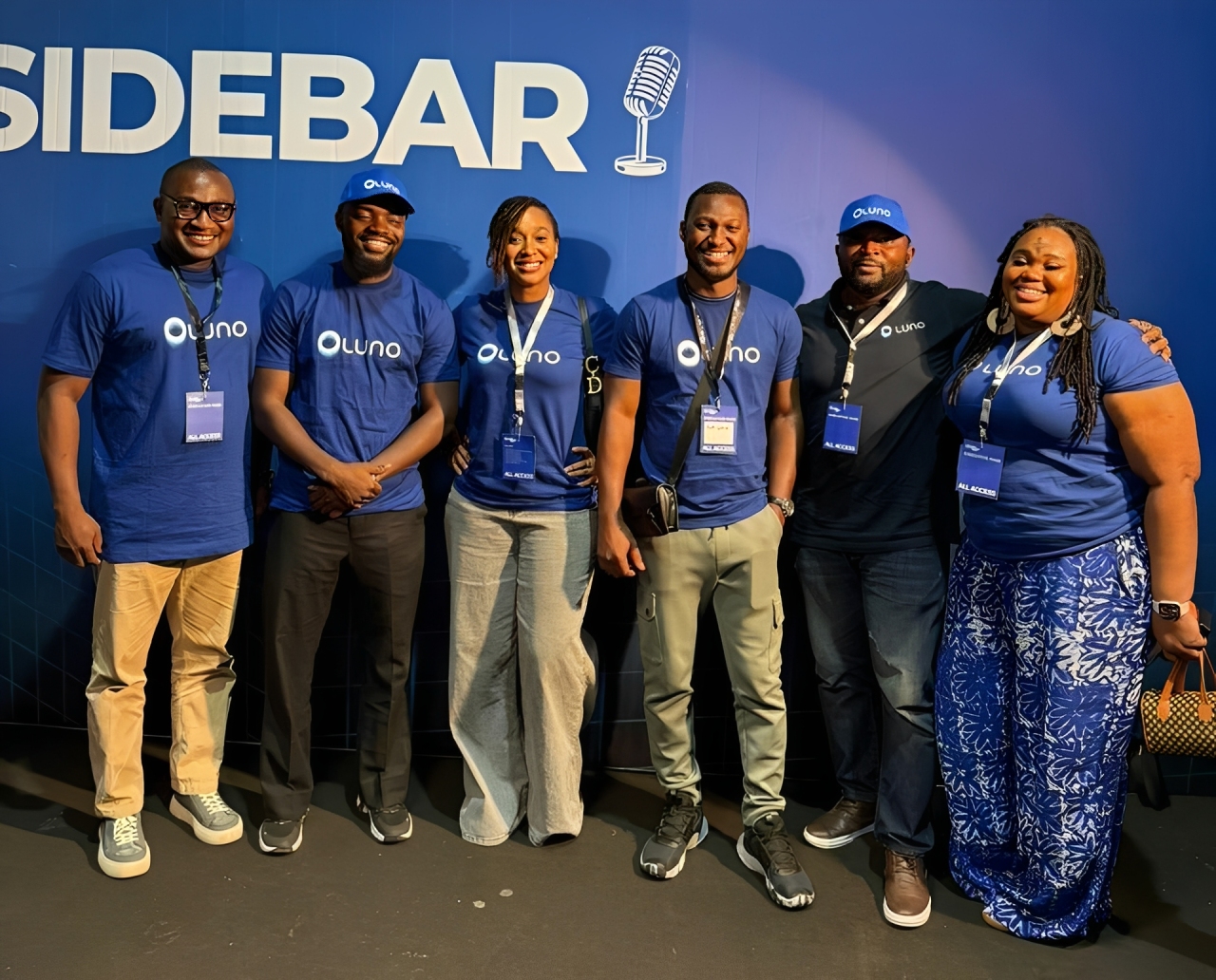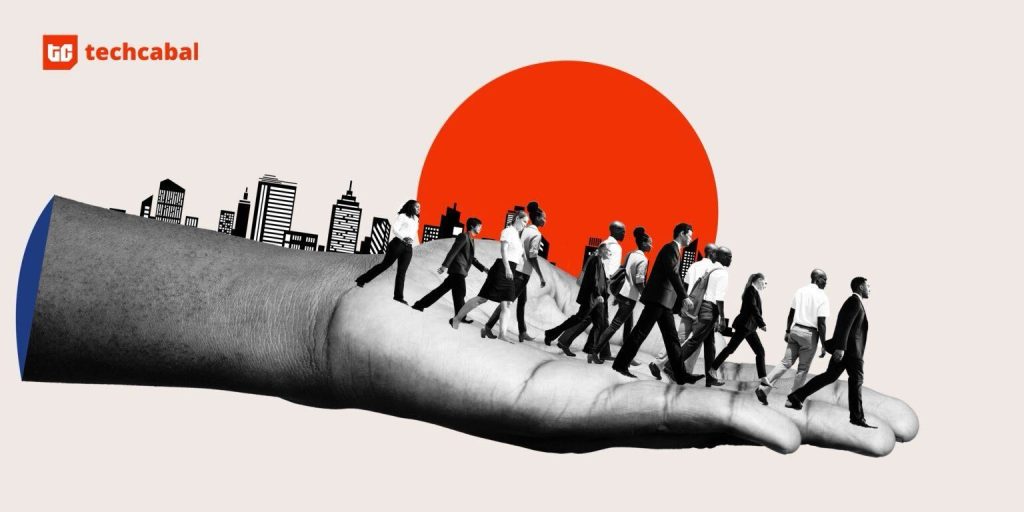The food industry in Africa is rapidly growing. The industry raked in $2.13 billion in 2023. It is predicted to grow by 13.2% and bring in a total of $3.29 billion in revenue by 2025. This growth is due in part to the increase in food delivery services and digital payment systems. As internet penetration on the continent increases, restaurants and other food industry players are tapping into this rise in technology and expanding their services. To aid this industry growth, Orda.Africa has created an all-in-one operating system for restaurants to manage their business better. By all-in-one we mean it provides inventory management, point-of-sale technology, website building, business analytics, and payment acceptance to restaurants. The company provides these services to a wide range of restaurant types, from small restaurants like bukas, which often use manual methods to track inventory, to medium-high end restaurants who benefit from the affordability of Orda’s services in comparison to foreign point of sale systems. Orda stands out in the industry by being focused on cutting costs for customers. The company’s goal is to give restaurants who use them as much insight into their business as possible so they can spot loopholes and ultimately use this data to inform their operations.
When we at TechCabal first met Orda they had just raised $3.4 million in funding to put towards their goal of digitising African restaurants. Now, more than a year later, we had a sit-down with Orda’s head of growth, Desola Ososami to discuss how the company helps restaurants, what it’s done with the funding it received, and the progress it has made in the past year.
Hello Desola, it’s nice to speak with someone from Orda again. Let’s start from the top. Can you tell us what Orda is and what problem it solves for the food industry?
Desola: Sure. Simply put, Orda is all about providing restaurants with a software to manage their operations and in turn make their business grow. Once a customer pays or places an order for a meal from any channel (whether online, via WhatsApp, in person, or through a third party like Glovo), our software connects these orders to an inventory management system that accounts for your cost per meal and tracks the daily costs of your ingredients. This means that at the end of each day, you can see your profit and loss and any variance in your ingredients that point to wastage or theft. If I had to summarise, Orda makes restaurants grow by giving them a view into their business to spot leakages and make smarter procurement and management decisions.
Can you give examples of how restaurants benefit from using Orda?
Desola: I’ll tell you a story to illustrate this. We have a customer who owns a lounge in Lagos,this lounge was previously using a foreign software to manage their operations. It was one of those big-name foreign software that you pay for in dollars and it is quite expensive. The lounge owner decided to switch to Orda because it’s cheaper. When he switched to our software he did this thing on the backend called “access control”. Access control enables owners to create team roles for every single team member and the categories they fall into. With it, you can decide what your team members have access to or are restricted from. You can decide, if you don’t want team members to touch your inventory, or don’t want them to see things like your sales reports or touch your business wallet. So this lounge owner used our access control feature to stop waiters from being able to edit receipts. After the owner stopped them from being able to do that, this lounge went from making N300,000 per day to N400,000 per day, all because he was able to stop his employees from editing his receipts.
That is how Orda makes businesses grow. It basically gives you a microscope into your business. It pinpoints loopholes that business owners or managers are not aware of. It also helps sales clerks too because instead of manually counting receipts papers, checking books, and tracking orders manually, everything is done digitally and seamlessly, and is fed into your report at the backend.
You must receive a lot of data that can help restaurants grow
Desola: Yes we do, in fact we have just released the Orda Pulse, a smart data and insights page providing restaurant industry trends in Lagos. This website tracks food trends and gives restaurants insightful data to help them plan better. All 1,000+ restaurants that use Orda in Lagos, receive data on their top-selling food items and top-selling beverages. With information like this, restaurant owners can stock inventory based on data about what is popular and sells better. It also gives them insights into restaurant peak times. This can help restaurants run special promos and happy hour discounts during peak times when they want people to order more.
How do you collect the data used to know these trends?
Desola: As customers place orders at restaurants using Orda, the restaurant can track their dine-in, pickup, and delivery orders. These restaurants are able to track whether or not it’s a cash, card, or transfer payment. Our POS devices have the menu items of the restaurants already uploaded. So when it’s time to pay, the sales clerk just clicks on the menu item, and as the customer pays, all of that information is linked to what we call the backend. On the backend, restaurants can view their total sales, their average order value, their top-selling business day, their top meal item, and their top meal times. All these orders feed into their backend sales reports and inventory reports.
This inventory report shows them the cost of their ingredients and helps them track the cost of their menu. They are also able to raise purchase orders directly to suppliers and with this, they’re able to get direct information from suppliers. All of this data is being stored for restaurants to make smarter decisions.
Based on this data, can you give us the top three food trends in Nigeria?
Desola: Sure. With our data, we see that Coca-cola is the top-selling non-alcoholic beverage in Nigeria and Trophy is the best-selling alcoholic beverage. Jollof is the top-selling menu item in Lagos. We’ve also observed that people tend to order food from restaurants from noon, peaking at 7PM, suggesting that late afternoons and evenings are the most popular times for placing orders. Although delivery orders are the least among the three methods, there is an observable increase in delivery orders during the lunch hours (around 1:00 PM) and in the evening, indicating key times when delivery services are in demand.
Since we covered your company’s fundraising last year, we’re curious about what that funding was put towards…
Desola: With the help of that funding we were able to launch the “Orda Chop” which is a smart POS terminal integrating our software with payment acceptance of cards and NFC payments. Restaurants in Kenya are also able to use the Orda Chop to send and receive Mpesa payments to customers, while restaurants in Nigeria can use the terminals to confirm bank transfers instantly. By integrating payments with the point of sale software, restaurants no longer have to switch between multiple devices to key in orders and collect payments. Furthermore, as payments are being received the restaurant’s inventory and sales reports update in real time allowing for fast and easy reconciliation and accurate reporting.
Since we launched the Orda Chop, digital payment methods like cards, and bank transfers have now become the preferred payment methods of Orda merchants. Currently on our platform, digital Transactions (which include transfers, USSD, cards, etc…) is the preferred method of payment in Nigeria, accounting for 65% of all payments, while cash payments make up the remaining 35%. Prior to launching the Orda Chop, over 50% of payments were recorded as cash, showing that syncing payments acceptance to the software creates convenience and safety and ultimately helps restaurants understand what’s going on in their businesses.
You mentioned collecting payments, is Orda a payment company?
Desola: No, we are a software company first. We work with licensed payment partners to provide payment acceptance. What we try to do is that in each region, we find the most prominent or the most efficient payment partners to work with. We’re looking for more partners to give us a broader range of accepting payments for restaurants in our key markets Nigeria and Kenya, and across the African continent, so we are able to empower as many restaurants in Africa to help their businesses grow.
That will be all for now, Desola. Thank you for speaking with us.
Desola: Thank you for having me.
Restaurants interested in signing up on Orda can request a demo here.

















